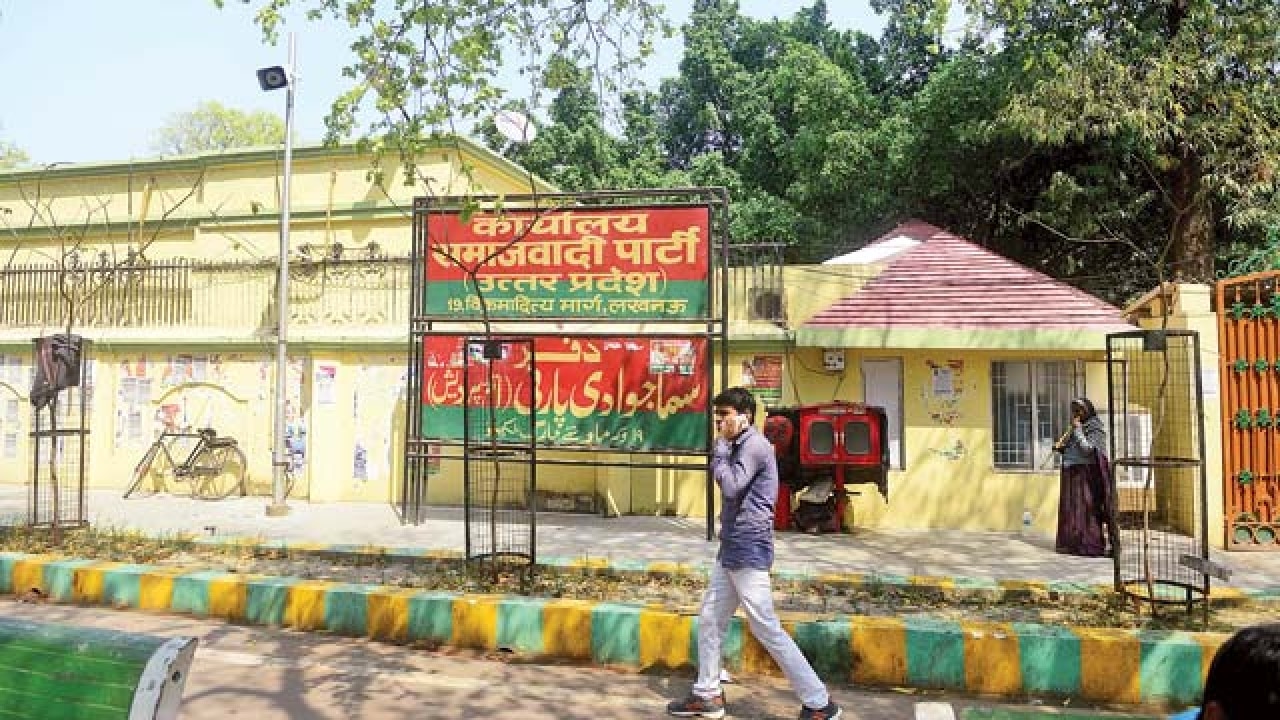
The implications of the massive victory by the BJP will become clear in the days to come. Prime Minister Narendra Modi, fresh from his success at hard-selling his demonetization initiative to the electorate, can be expected to aggressively push his reforms agenda. Already, the central government has lost precious time in pushing labour reforms that can unlock the labour market and bring more workers into the formal economy over fears that the Opposition and trade unions would prove to be a stumbling block. Now it is clear that Modi, with his powers of persuasion and knowledge of the pulse of the ordinary citizen, can override any campaign that those with a leftist or socialist orientation may unveil.
The elections to the five states were nothing less than a mid-term referendum of the Modi government’s performance and it is becoming clear that the Opposition is left with little credibility. Coming shortly after the BJP’s impressive performance in the Maharashtra and Odisha civic polls, the BJP, has injected a new dynamic in India’s slowly changing electoral politics. The biggest proponents of backward class politics like the Samajwadi Party and the Bahujan Samaj Party have been laid low by PM Modi’s developmental rhetoric with a touch of Hindutva. One cannot fault him on this count considering the strategies of the SP-Congress and the BSP to win Muslim votes. Of course, Modi could have done better by offering tickets to Muslim candidates, given the scale of the BJP’s win, even in Muslim-dominated areas.
Modi also went into the election with the unlikely advantage of the BJP not having ruled UP for 15 years. Akhilesh Yadav’s claims of having built expressways, roads and improved police response times were reduced to mere election marketing pitches for an electorate fed up with the strong-arm tactics of SP leaders and cadre. The BJP also capitalised on the resentment among voters against the alleged favouritism of the SP towards Yadavs and Muslims and the BSP towards Jatavs. This is an opportunity for the BJP to prove its potent “Sabka Saath Sabka Vikas” slogan and provide a governance model that cracks down on lawlessness and tap the demographic dividend of UP.
For long, the SP and the BSP have taken the UP electorate for a ride by raising the bogey of backward class empowerment. The BJP’s successes in 2014 and 2017 have taken the wind out of the sails of these parties. The diminishing returns from such identity politics have been staring these parties in the face. Akhilesh Yadav, to his credit, realised this, albeit, belatedly. In the little time he had after shaking off the shackles of his domineering father and uncle, Akhilesh shrewdly marketed himself as a development-oriented youthful leader, but the discerning electorate saw through this. The Opposition in UP can either replicate PM Modi’s developmental rhetoric or rely on electoral arithmetic and come together in a Bihar-style mahagathbandhan (grand alliance). The BJP won 40 per cent of votes against 22 per cent each by SP and BSP and six per cent for the Congress. However, the mutually antagonistic vote banks of the SP and BSP may end up only benefiting the BJP further. The relief of the UP voter at having seen the back of the SP and BSP is palpable. The BJP must not squander this mandate.